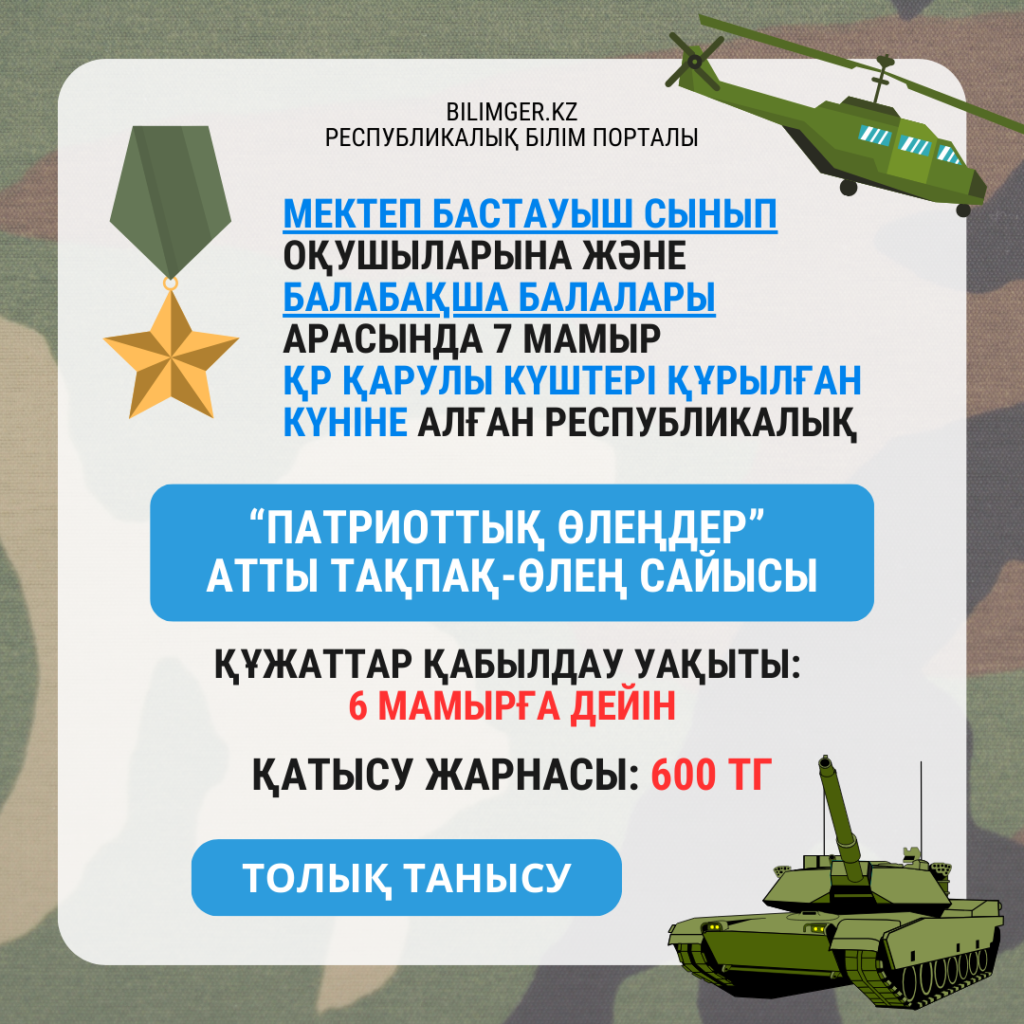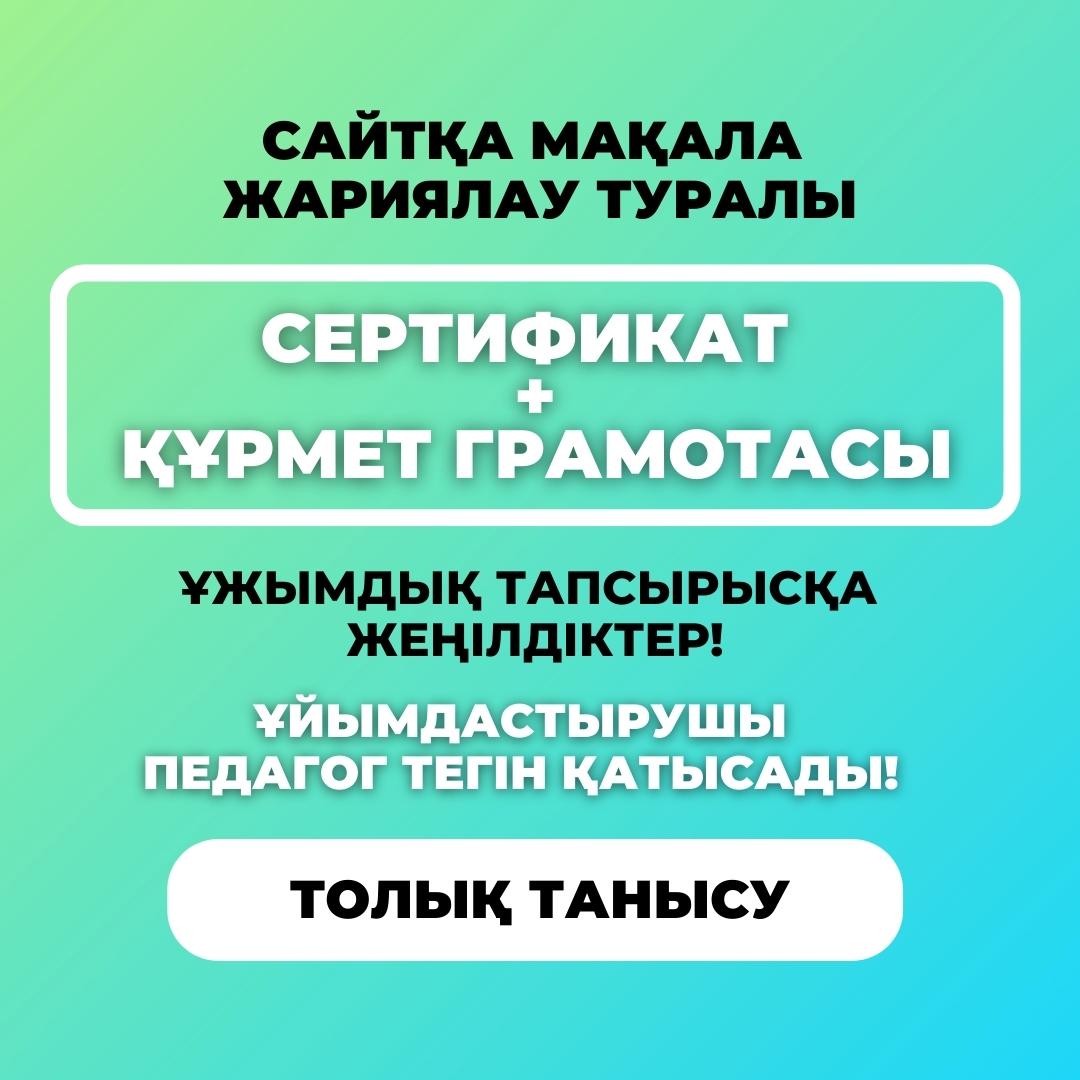Helping with problems
Бекітілді: ___________директордың ОІЖ орынбасары
Short term lesson plan 73
| Unit 8 Natural disasters | School: Inderbor secondary school named after Sh.Ualikhanov | ||||||||||||||||||||||||||||||||||||||||||||||||||||||
| Date: 05.03.2020 | Teacher’s name:Bigalieva B.K.
|
||||||||||||||||||||||||||||||||||||||||||||||||||||||
| Grade: 7 | Number present: | Number absent: | |||||||||||||||||||||||||||||||||||||||||||||||||||||
| Lesson title: | Helping with problems | ||||||||||||||||||||||||||||||||||||||||||||||||||||||
| Learning objectives(s) | 7. C2 use speaking and listening skills to provide sensitive feedback to peers
7. L4 understand with limited support the main points of extended talk on a range of general and curricular topics 7. L5 understand most specific information and detail of supported, extended talk on a range of general and curricular topics 7. S5 keep interaction going in longer exchanges on a range of general and curricular topics |
||||||||||||||||||||||||||||||||||||||||||||||||||||||
| Lesson objectives | All learners will be able to:
· Identify the theme, new words and use them as the basis for discussion. Most learners will be able to: ·Select, compile, and synthesize information for an oral presentation · Provide a point of view in conversations and discussions; Some learners will be able to: · Respond to and discuss the reading passage using interpretive, evaluative and creative thinking skills. · Identify all of the main ideas and specific information correctly in text and use a range of target vocabulary correctly in response to prompts |
||||||||||||||||||||||||||||||||||||||||||||||||||||||
| Target language | A cut, a burn, a break, a bruise, a bite, a sprain, an injury | ||||||||||||||||||||||||||||||||||||||||||||||||||||||
| Value links | Transparency, cooperation, academic honesty | ||||||||||||||||||||||||||||||||||||||||||||||||||||||
| Previous learning | Present Perfect | ||||||||||||||||||||||||||||||||||||||||||||||||||||||
| Use of ICT | Projector or Smart board for showing a presentation | ||||||||||||||||||||||||||||||||||||||||||||||||||||||
| Planned timings | Planned activities | Resources | |||||||||||||||||||||||||||||||||||||||||||||||||||||
| Start
7 min.
3 min.
|
Organization moment.
Greeting Good afternoon, boys and girls! How are you? Talking about the weather What is the weather like today? ………………………………….. Checking up home task. Brainstorming. Teacher asks learners to look at the screen and answer the questions: 1. What can you see on the screen? 2. What have you noticed? 3. Do you know the names of these injuries?
Teacher introduces the theme and objectives of the lesson. |
PPT slide
|
|||||||||||||||||||||||||||||||||||||||||||||||||||||
|
3 min.
5 min.
5 min.
2 min.
2 min.
3 min.
5 min.
|
The main part of the lesson
Pre — LISTENING TASK: (Individual work) Ex 1, p 112. Learners look at the pictures and guess what has happened. Students’ own answers.
Formative assessment: teacher’s comment.
LISTENING TASK: Ex 1, p 112. Learners listen to the dialogue, check their answers. Answer: Leah has cut her arm.
Formative assessment: teacher’s comment.
Learners practice the dialogue with a partner. Teacher: Leah, what’s wrong? Are you OK? Leah: I’ve hurt my arm. Teacher: Have you broken it? Leah: No, I’ve cut it. Teacher: How did that happen? Leah: It was an accident. I fell while I was running to the basketball game. Teacher: Oh, right. Have you cleaned it? Leah: Yes, I have, but it hurts. Teacher: Do you need help? Leah: No, I think I’ll be OK. Teacher: Mmm. Maybe you need to see a nurse.
Ex 2, p 112. Learners match key phrases 1-4 with a-d.
Answers: 1 B – 2 D — 3 C – 4 A
Formative Assessment: peer assessment
Eliciting vocabulary: Teacher elicits vocabulary using the pictures.
Ex 3, p 112. Learners match the photos 1-8 with the words in the box. Answers: 1. shoulder 2. wrist 3. ankle 4. elbow 5. neck 6. toe 7. finger 8. knee
Formative assessment: self assessment.
Learners match the health problems with first medical aids.
Answers: 1C-2A-3E-4B-5D-6F
Formative assessment: peer assessment |
Student book p. 112
CD 3.14
Student book p. 112
Student book p. 112
PPT
PPT Student’s book p. 112
Worksheets
|
|||||||||||||||||||||||||||||||||||||||||||||||||||||
| End of the lesson
5 minutes |
Conclusion:
Teacher asks the question about the lesson to conclude it.
Giving the home task. SB ex 5, p 112.
FEEDBACK
|
PPT |
|||||||||||||||||||||||||||||||||||||||||||||||||||||
| Additional information | |||||||||||||||||||||||||||||||||||||||||||||||||||||||
| Differentiation – how do you plan to give more support? How do you plan to challenge the more able learners? | Assessment – how are you planning to check learners’ learning? | Health and safety check | |||||||||||||||||||||||||||||||||||||||||||||||||||||
| Differentiation can be achieved through content (Based on the theory of Multiple Intelligences different tasks are used with the same text).
By support: Less able learners will be supported through step-by-step instructions, glossaries, thinking time. By task: For more able learners additional leveled tasks are offered.
|
Assessment criteria:
· Read the given text and identify the general information. · Demonstrate skills of organizing and expressing ideas accurately. · Illustrate a viewpoint in a discussion. Descriptors: A learner · reads the text for global understanding; · uses correct sentences and pictures. · presents information in the group discussion.
|
Health saving technologies.
|
|||||||||||||||||||||||||||||||||||||||||||||||||||||




